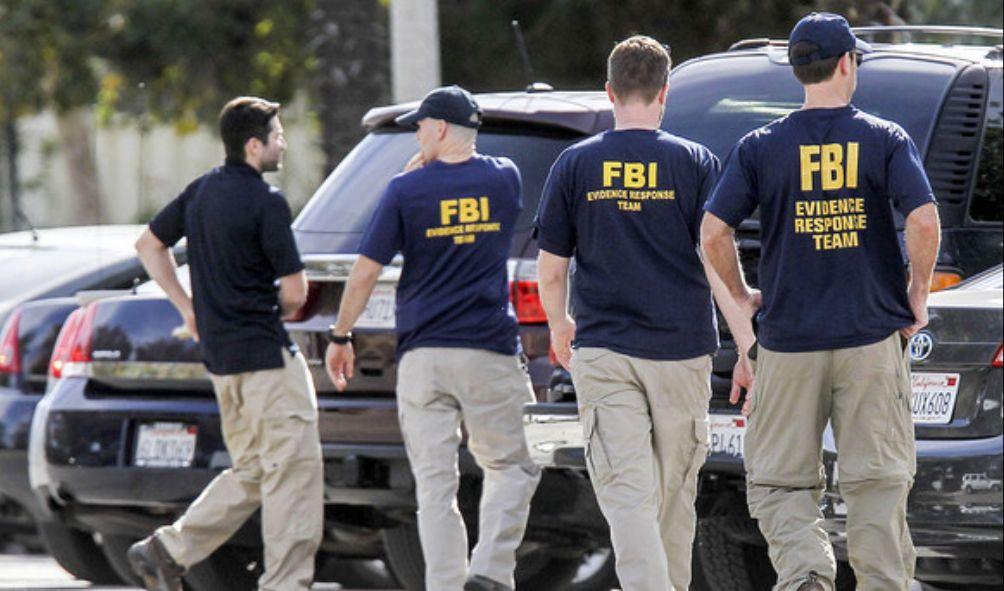U.S Treasury, FBI Freeze Assets of 5 Kenyan Tycoons
The U.S. Department of the Treasury’s Office of Foreign Assets Control (OFAC) has imposed sanctions on 28 individuals, including affluent Kenyans and organizations linked to an international gold smuggling and money laundering syndicate.
These sanctions, authorized by Executive Order 13818, are aimed at individuals involved in corruption and human rights violations globally.
The syndicate, led by Kamlesh Pattni—an infamous figure tied to Kenya’s 1990s Goldenberg scandal—has been entangled in bribery and fraudulent operations.
This network has allegedly deprived Zimbabweans of the benefits from their natural resources while enriching corrupt officials and criminal affiliates.
Pattni’s operations used a wide range of intermediaries and businesses to conceal ownership and facilitate the laundering of illicit funds.
Coordinated Global Response
On December 9, these sanctions were enacted in collaboration with domestic agencies like the Federal Bureau of Investigation (FBI) and international partners, especially the United Kingdom (UK).
The UK, in tandem, imposed sanctions on Pattni, a UK citizen, as well as other individuals.
These actions are part of the U.S. Strategy on Countering Corruption, introduced in 2021, which emphasizes the global scope of corruption and the need for international cooperation to fight it.
Bradley T. Smith, Acting Under Secretary of the Treasury for Terrorism and Financial Intelligence, underscored the importance of these measures.
“When corrupt actors like Pattni exploit governance gaps, they damage communities and erode public trust,” he stated.
Corruption knows no borders, and its impact is felt worldwide. These sanctions reaffirm our dedication to holding such individuals accountable.
A Legacy of Corruption Across Borders
Pattni became notorious during Kenya’s Goldenberg scandal, allegedly manipulating export incentives and bribing senior government officials.
Afterward, he moved to Zimbabwe, where he set up operations resembling his previous fraudulent activities. Reports suggest Pattni forged ties with Zimbabwean officials, including former President Robert Mugabe, to shield his illicit operations.
In Zimbabwe, Pattni’s syndicate employed tactics like inflating cash returns from gold and diamond exports to fraudulently claim extra incentives.
The proceeds from these activities were concealed through an extensive network of companies spanning several countries.
Elaborate Network of Front Companies
A key player in Pattni’s operations is Sun Multinational DMCC, based in the United Arab Emirates, along with subsidiaries like Fiza Gold and Bullion Trading L.L.C and Golden Luxury Jewellery Trading L.L.C.
The network also includes companies like Rubini Investment Group Limited in the British Virgin Islands, Samaria Holdings Limited in the UAE, and Manurama Limited in Kenya.
Prominent figures within this operation include Pattni’s nephew Mishaal Hitesh Pattni and associates Mukesh Mansukhlal Vaya and Rahul Sood, who manage these companies.
List of Sanctioned Individuals:
- Kamlesh Mansukhlal Damji Pattni (Kenya, United Kingdom)
- Mishaal Hitesh Pattni (Kenya)
- Mukesh Mansukhlal Vaya (Kenya)
- Sanjay Keshavji Vaya (Kenya)
- Raj Vaya Sanjay (a.k.a. Skorus, Raj) (Kenya)
- Rahul Sood (India)
- Swetang Sinha (India)
- David Paul Crosby (United Kingdom)
- Dmytro Abakumov (Ukraine)
- Abdulqader Hasan Yahya Al-Murtadha (multiple aliases) (Yemen)
Sanctions and Their Consequences
The sanctions freeze all U.S.-related assets of the listed individuals and entities.
Moreover, any transactions involving their assets within U.S. jurisdiction are prohibited.
Foreign financial institutions facilitating significant transactions with these entities could also face sanctions.
The U.S. Treasury emphasized that the goal of these actions is to promote transparency and accountability, rather than mere punitive measures.
The department also encouraged those targeted to seek removal from the sanctions list by demonstrating a behavior change.
This move concludes a year of intensified efforts to combat corruption.
Throughout 2024, the Treasury has imposed sanctions on over 100 individuals and entities globally, while also introducing reforms to bolster the U.S. anti-money laundering system.
These actions reflect a commitment to safeguarding financial systems from misuse and fostering fairness and transparency.
U.S Treasury, FBI Freeze Assets of 5 Kenyan Tycoons
